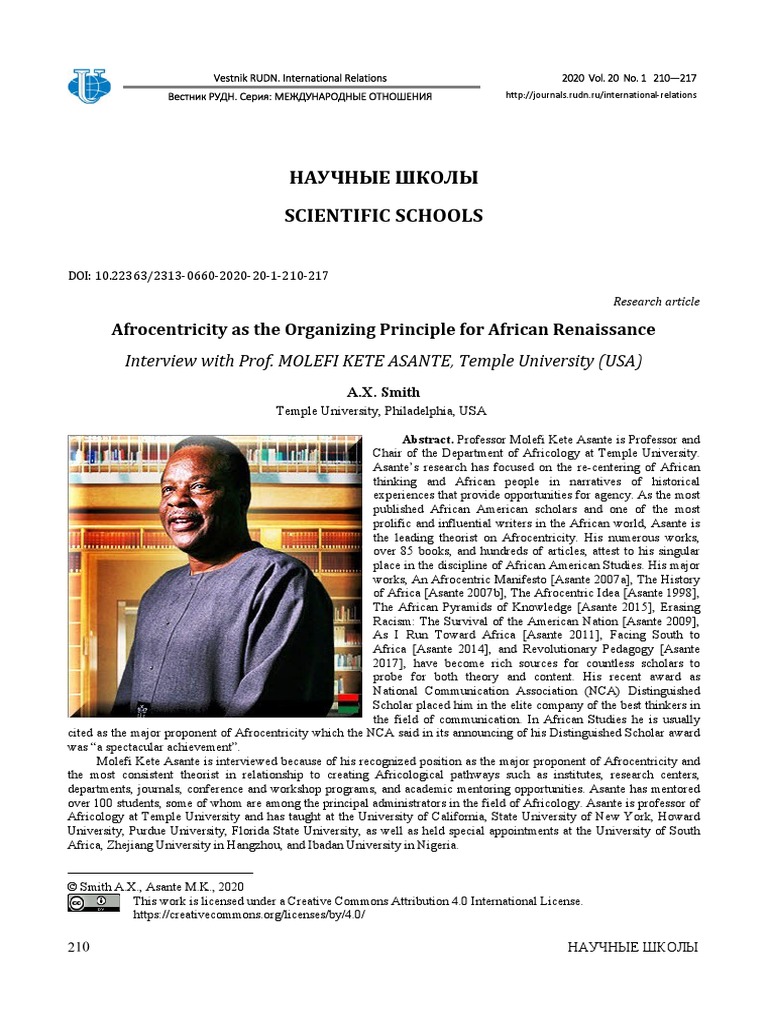Commerce, in its essence, transcends the mere exchange of goods and services; it embodies a profound ethical pursuit intertwined with the fabric of societal coherence. The Bahá’í teachings elucidate an intricate framework where justice serves as the pivotal organizing principle of commerce. When viewed through this lens, the commercial sphere emerges not only as a marketplace of transactions but also as a sanctified arena where moral imperatives converge with economic endeavors. This holistic approach engenders a paradigmatic shift in how one perceives and engages with commerce, advancing a vision steeped in equity, obligation, and mutual upliftment.
At its core, the concept of justice as the organizing principle of commerce is predicated on the understanding that the intricacies of economic interactions must align with ethical standards that prioritize the well-being of all stakeholders. It compels individuals and organizations to reassess their pursuits, prompting a critical examination of their motivations. Rather than viewing profit as the singular objective, the Bahá’í perspective advocates for a broader contemplation—one that encapsulates social investment, environmental sustainability, and community enrichment.
The necessity for a just economic system stems from fundamental Bahá’í tenets that emphasize the oneness of humanity. Commerce, unburdened by inequity, has the potential to act as a unifying force that fosters relationships across diverse communities. Bahá’í teachings highlight that economic distress and social disparity are often the byproducts of a lack of justice. Therefore, establishing equitable commerce is imperative for addressing systemic inequities, catalyzing a virtuous cycle of social progress and economic vitality.
Amid this transformative vision lies the paramount assertion that justice should not be an abstract concept relegated to philosophical discourse. Instead, it must manifest tangibly within commercial entities and transactions. For instance, businesses that adopt a justice-centric model actively cultivate environments laced with transparency and integrity. This necessitates not only fair labor practices and equitable wages but also the recognition of the rights of consumers, suppliers, and the broader community impacted by their operations.
Moreover, social responsibility emerges as a cornerstone of justice in commerce. Companies motivated by this principle are not merely passive players in the market; they become proactive agents of change, striving to rectify societal imbalances through their business strategies. The movement towards ethical supply chains, sustainable practices, and community engagement exemplifies how justice can operationalize within the mechanics of commerce, engendering a ripple effect that extends well beyond the immediate parties involved.
As the fabric of global commerce evolves, the integration of justice as an organizing principle necessitates a recalibration of traditional economic constructs. The dichotomy between profit and purpose is increasingly being challenged. Organizations dedicated to fostering justice are redefining success metrics to include social impact as an integral component of their business performance. This paradigm shift posits that the health of foundational economic structures is inextricably linked to the socio-political landscapes they inhabit.
Furthermore, the alignment of commerce with justice also prompts a reassessment of capital distribution. A justice-oriented framework advocates for the deconstruction of monopolistic tendencies that stifle competition and contribute to economic disparity. By empowering emerging businesses and fostering innovation, economies can cultivate a diverse marketplace that thrives on equitable practices, enriching communities and invigorating local economies.
The notion of justice in commerce also invites a dynamic interpretation of wealth. Instead of perceiving wealth as a finite resource accrued through exploitation or exclusion, the Bahá’í perspective engenders an understanding of wealth as a collective asset—one that must be shared and harnessed for the advancement of the community as a whole. This reimagining encourages the redistribution of resources, redirecting profits toward social betterment and the enrichment of human capital.
Consumer behavior, too, finds a renewed lens through the prism of justice. Informed consumers equipped with the consciousness of their purchasing power begin to attach significance to the ethical practices of companies. As consumer choices shift towards supporting businesses that champion justice, the market has no option but to adapt. This shift not only emboldens ethical companies but also triggers a larger discourse around corporate accountability, further entrenching justice at the heart of commercial endeavors.
Ultimately, the integration of justice as the organizing principle of commerce heralds the emergence of a new economic order—one that recognizes the intrinsic connection between individual prosperity and collective well-being. This evolution necessitates courage and vision from all participants in the economy, as it challenges established norms and prompts an inquiry of unexamined practices. Acknowledging justice as fundamental to commerce lays the groundwork for a future characterized by harmony, interdependence, and true progress.
In conclusion, the Bahá’í teachings illuminate a path toward a commerce imbued with justice, advocating a shift that promises profound implications for individuals and societies alike. This convergence of ethics and economics champions a framework where the elevation of human dignity drives commercial endeavors, engendering hope and fostering resilience in an ever-evolving world. As communities embrace these principles, they embark on a journey toward a more equitable and harmonious existence, where commerce becomes a conduit for the realization of universal justice.
